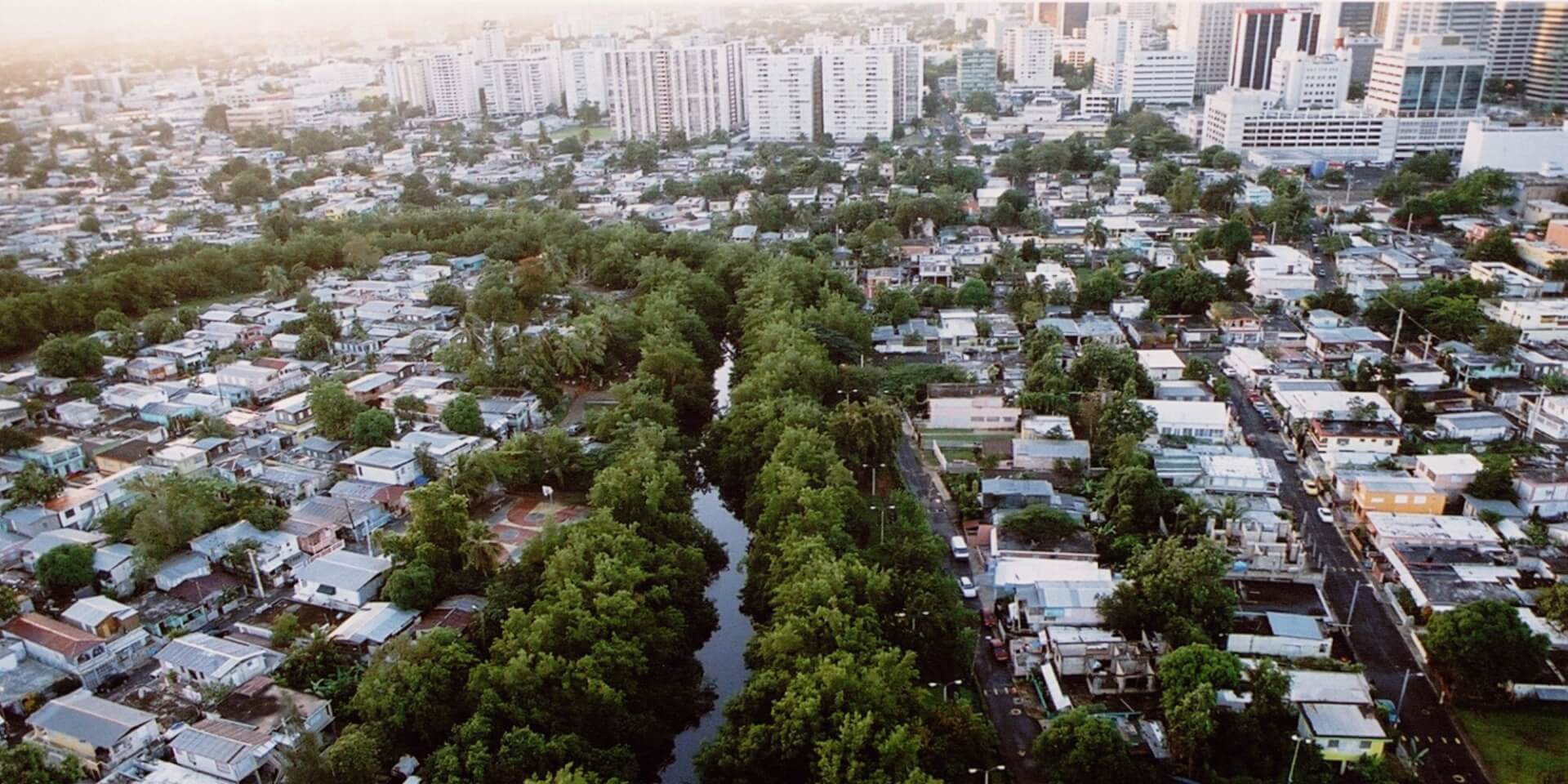
The effects of climate change – such as sea-level rise – are likely to provoke unprecedented movement of people over the coming decades.
It is estimated that between 350 and 630 million people will be affected by sea-level rise over the next 80 years, and many of these people may relocate in search of safety, resources and opportunities.
Movement on such a scale will undoubtedly have enormous humanitarian, environmental and geopolitical implications. Planned relocation or resettlement – also known as managed retreat – has been practised around the world for centuries but is attracting increased attention as a climate adaptation strategy. Research on cases of managed retreat in diverse locations around the world suggests that it could make a significant contribution to wide-scale, positive social transformation in the direction of sustainability, but there are also significant risks.
This Knowledge Brief, published by the Transformations to Sustainability programme, is based on a peer-reviewed article that examines the literature on managed retreat and explores the potential for it to contribute to transformations to sustainability. It is part of a series of knowledge briefs which synthesize findings from recent research papers on transformations into an accessible format, with the aim of opening up the latest transformations research to a wider audience.
Image by Doel Vázquez – Communities around Caño Martin Peña.